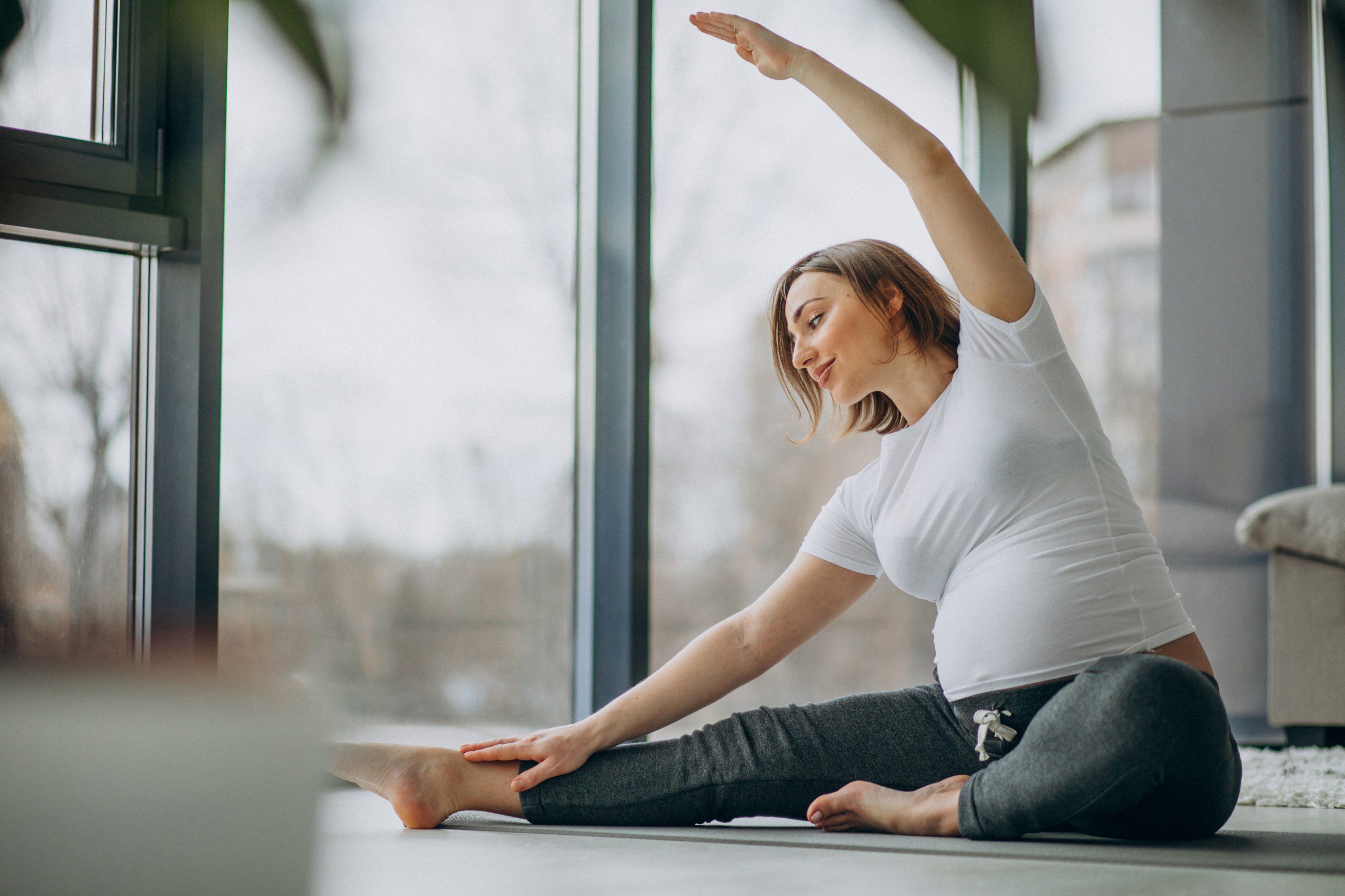
Exercise is Proven to Better Alleviate Symptoms for Perinatal Depression than Medication
New research funded by Australian Rotary Health (ARH) shows how exercise is proven to better alleviate the symptoms of women suffering from perinatal depression than commonly prescribed antidepressant drugs.
One in five pregnant Australian women is diagnosed with depression during their pregnancy or 24 months following pregnancy (AIHW). The first 24 months following pregnancy (the perinatal period) is the most influential for the development of the offspring, offering the possibility of decreasing the risk of family dysfunction. Such importance of the perinatal period highlights the impact perinatal depression could have on an offspring.
 Ms. Noor Jarbou from the University of Wollongong received a scholarship co-funded by ARH and the Rotary Club of Liverpool West between 2018 and 2022 to conduct research exploring the effects of treated and untreated depression and anxiety during pregnancy on offspring behaviour and brain development. The study focused on what impacts exercise and yoga could have on pregnant women.
Ms. Noor Jarbou from the University of Wollongong received a scholarship co-funded by ARH and the Rotary Club of Liverpool West between 2018 and 2022 to conduct research exploring the effects of treated and untreated depression and anxiety during pregnancy on offspring behaviour and brain development. The study focused on what impacts exercise and yoga could have on pregnant women.
Using a rodent model of study, Ms. Jarbou was able to prove that voluntary exercise during pregnancy was able to enhance mother-offspring interactions and lower anxiety levels in the postnatal period (the period following childbirth). These findings were compared to medicinally treated anxiety, where there was not a significant impact on anxiety measures in the postnatal period.
Ms. Jarbou also conducted a survey of Australian women to determine their exercise habits during pregnancy, their perception about the benefits of exercise during pregnancy, and the advice they received from their health professional regarding the impacts of exercise during pregnancy.
Of those that completed the survey, 41% indicated that they did receive advice to exercise during pregnancy, with the most commonly advised exercises being walking, followed by swimming and yoga. Around 90% of responders believed that such exercise during pregnancy would support their mental health and prevent a decline in their mood, yet only 68% of responders indicated that they actually completed structured exercise during their most recent pregnancy.
“My research provides exciting evidence about the potential of exercise in pregnancy to manage depressive and anxiety symptoms,” said Ms. Jarbou.
“I was able to complement my mechanistic animal research with literature analysis and a survey of Australian women, allowing me to answer my research question.”
Media contact: Alexander Galati – [email protected]